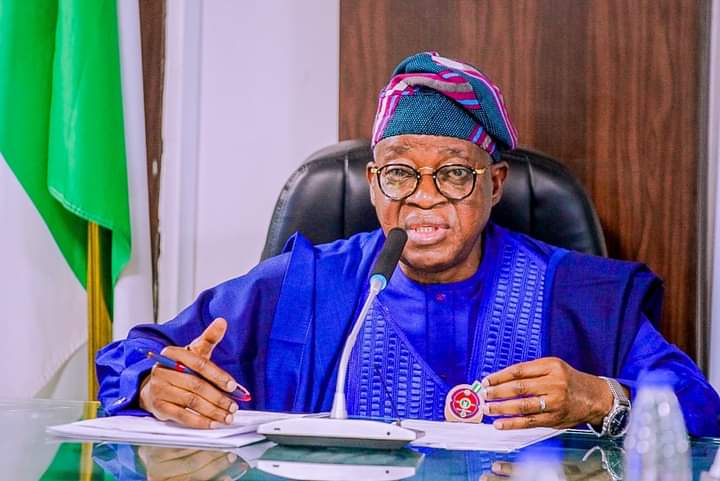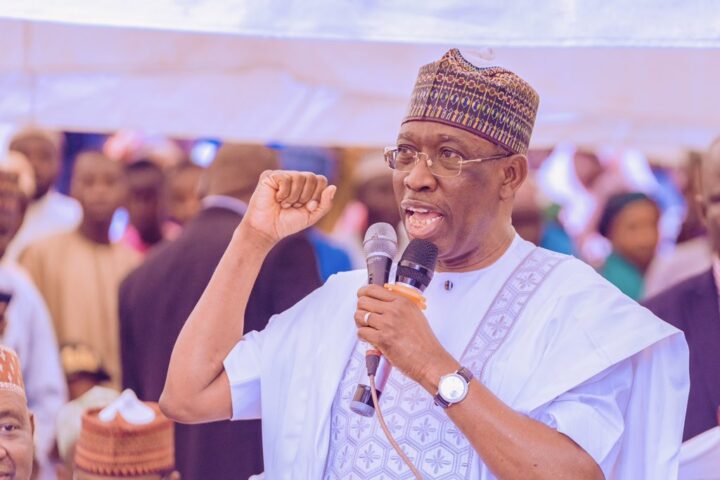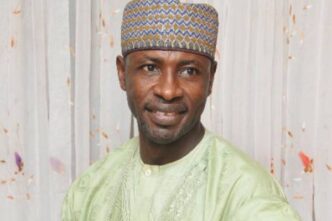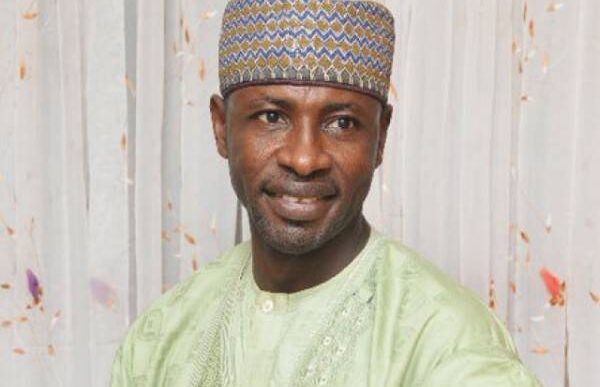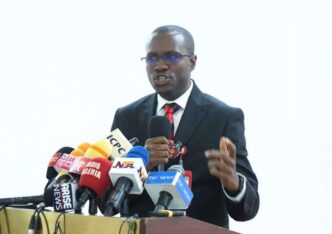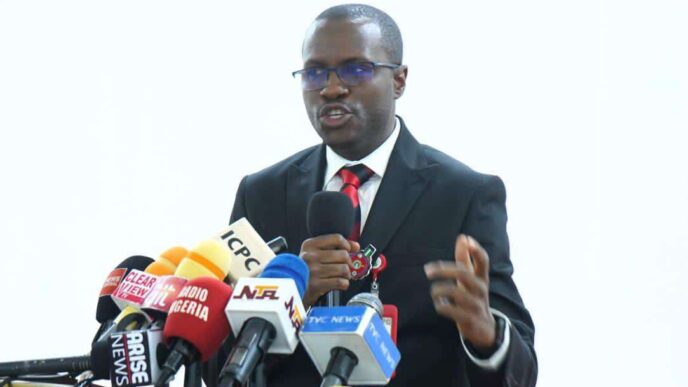Gboyega Oyetola
Gboyega Oyetola, minister of marine and blue economy, says the national fisheries and aquaculture policy aims to generate jobs, enhance aquaculture farmers’ livelihoods, and stimulate economic growth in coastal communities.
Speaking at the Policy Validation Workshop in Abuja on Monday, the minister described the policy as a “bold and ambitious vision for the future of Nigeria’s marine resources”.
Oyetola noted that the policy includes enforcing catch limits, promoting seasonal fishing, protecting essential habitats, and taking measures to combat illegal, unreported, and unregulated (IUU) fishing.
He said the policy would “promote sustainable fisheries practices, enhance productivity and profitability within the sector, create jobs, and improve the livelihoods of aquaculture farmers and coastal communities”.
Advertisement
“By promoting sustainable fisheries management, boosting aquaculture productivity, and empowering our fisherfolk and aquaculture farmers, we can secure a brighter and more prosperous future for our fisheries and aquaculture industries,” he said.
Oyetola noted that the policy also encourages investments in technology, infrastructure, and capacity building, with the goal to “position Nigeria as a key player in aquaculture production”.
“Our goal is to advocate for modern practices, improve access to financing and markets, and foster innovation in aquaculture research and development,” he added.
Advertisement
He said the ministry is committed to science-based fisheries management to sustain fish stocks in Nigerian waters and uphold aquaculture best practices.
He urged cooperation from stakeholders across government, the private sector, civil society, and local communities.
“Together, we can unlock the vast potential of our aquatic resources and secure a sustainable future for Nigeria’s fisheries and aquaculture industries,” he said.
Omoragbon Wellington, director of fisheries and aquaculture, said the policy document, developed since 2022, was reviewed with the ministry in collaboration with WorldFish and the International Food Policy Research Institute (IFPRI).
Advertisement
Wellington thanked IFPRI and WorldFish for their support, noting that “their contributions were instrumental in ensuring that the document accurately represents the realities of the subsector and our aspirations for future growth”.
The fisheries and aquaculture department was recently moved from the ministry of agriculture and food security to the ministry of marine and blue economy.
Add a comment
